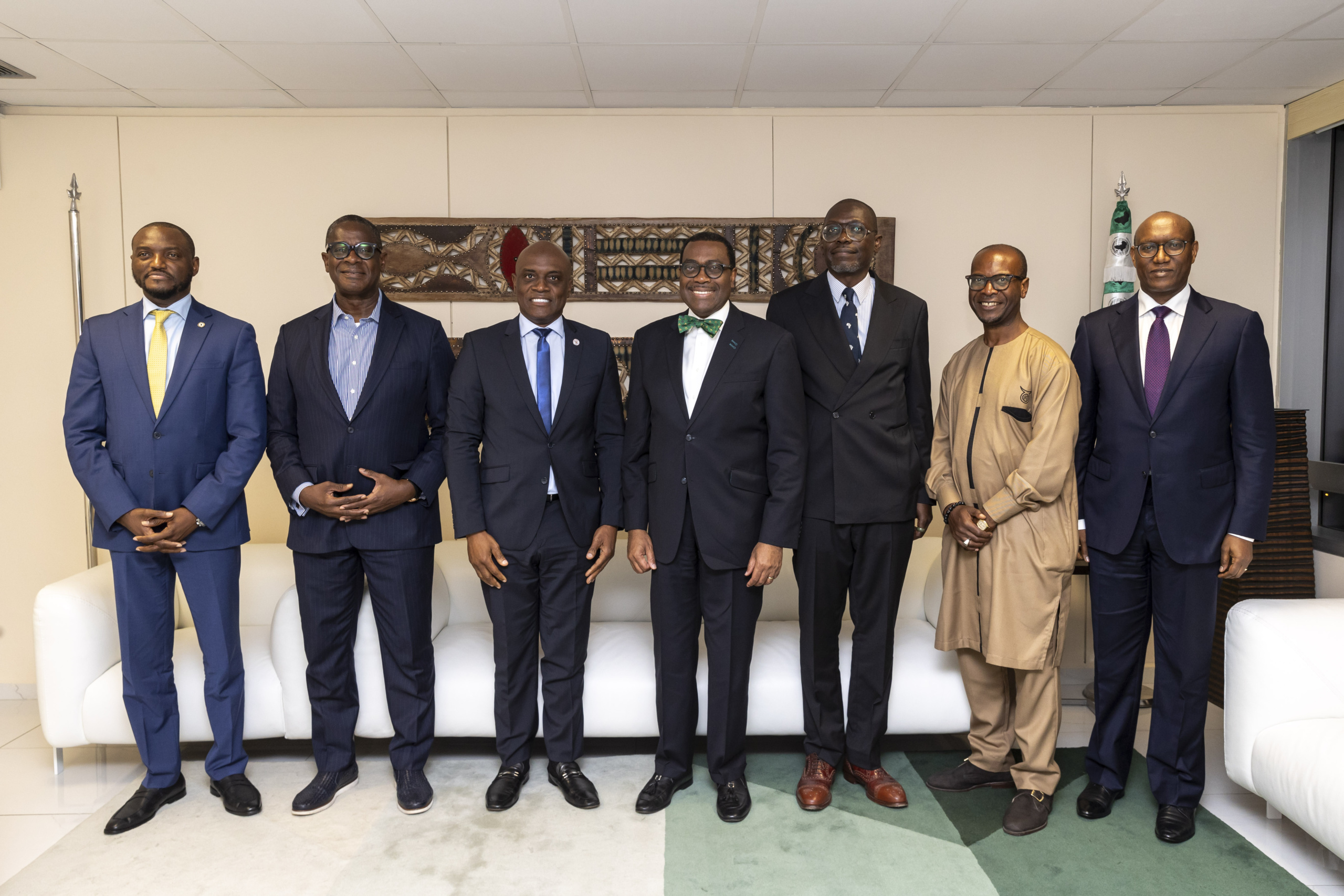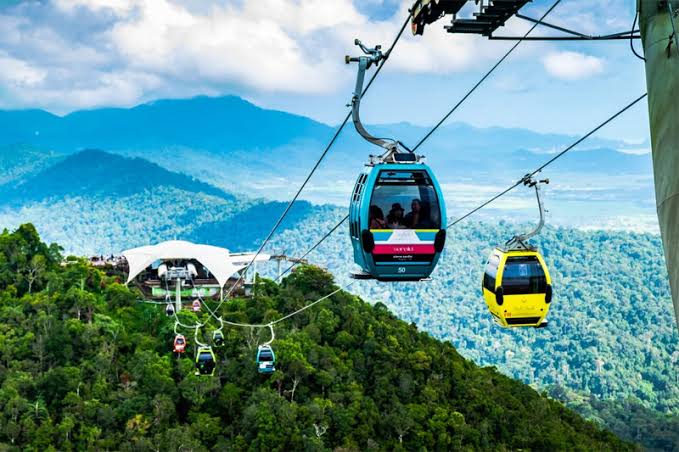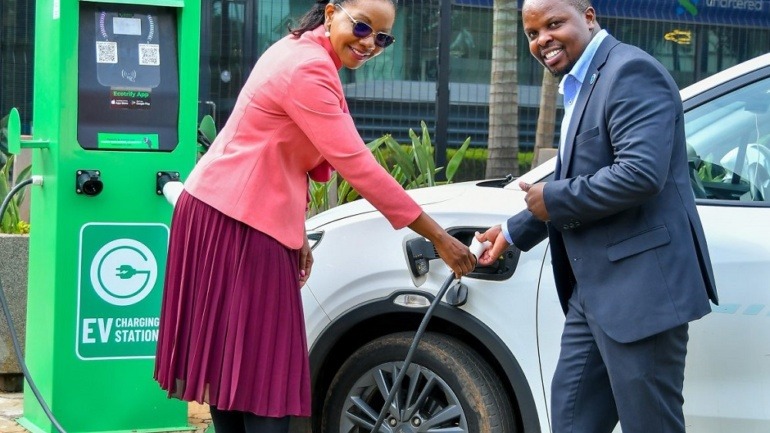In a groundbreaking step toward green, inclusive urban mobility, the African Development Bank (AfDB) has approved a $500,000 grant for a feasibility study into what could become sub-Saharan Africa’s first urban cable car transport network.
The initiative, known as the Kigali Urban Cable Car Project, is a $100 million infrastructure plan poised to transform the Rwandan capital’s public transit system, reduce emissions, and connect underserved communities to economic opportunity.
The grant will be drawn from the Bank’s Urban and Municipal Development Fund (UMDF), a facility that supports African cities in developing investment-ready urban infrastructure. Once operational, the 5.5-kilometer cable car line is expected to serve over 50,000 passengers per day, drastically easing traffic congestion and improving access to key urban hubs, all within a 15-minute end-to-end journey.
Phase 1 of the project will cover two major corridors: from Nyabugogo Taxi Park to the Central Business District (CBD) Hub, and from the Kigali Convention Center to Kigali Sports City, linking significant landmarks such as Amahoro Stadium, BK Arena, and Zaria Court.
“This transformative project aligns perfectly with the Bank’s vision for sustainable, green climate-resilient urban mobility infrastructure,” said Dr. Akinwumi Adesina, President of the African Development Bank Group.
“By financing Rwanda’s cable car system, we are investing in a scalable model of low-carbon, inclusive public transport that cities across Africa can emulate.”
Anchored in Green Strategy and Regional Investment Vision
The project is deeply aligned with Rwanda’s Green Taxonomy, E-mobility Strategy, and Climate and Nature Finance Strategy (CNFS), all pillars supporting the country’s national climate goals of reducing carbon emissions by 38% by 2030 and achieving carbon neutrality by 2050.
Beyond environmental benefits, the cable car project is expected to deliver a strong social impact. The design phase will integrate universal access for people with disabilities, ensure inclusivity for women and low-income communities, and prioritize local job creation, skills transfer, and youth employment opportunities.
Modeled on successful aerial transport systems in La Paz, Bolivia, and Singapore, the Kigali cable car will adopt a Public-Private Partnership (PPP) approach.

According to Imena Munyampenda, Director General of Rwanda Transport Development Agency, the feasibility study will explore a sustainable implementation and financing model to ensure long-term success.
The UMDF had previously supported the Kigali Urban Transport Improvement Project, helping to attract critical investment for Rwanda’s broader mobility transformation.
Similarly, this new feasibility study is expected to position the cable car project for international funding opportunities, particularly through platforms like the Africa Investment Forum (AIF).
“This pioneering feasibility study is a game-changing milestone,” noted Solomon Quaynor, AfDB Vice President for Private Sector, Infrastructure, and Industrialization. “Through the UMDF, AfDB is laying the foundation for an investment-ready green infrastructure asset that offers both impact and returns.”
Blended Finance for Scalable Climate Action
The $100 million funding structure will combine grants, concessional loans, blended finance, and technical assistance. While the UMDF grant will cover early-stage feasibility and gap assessments, the broader financing will bring together a coalition of stakeholders.
These include the Rwandan government, the African Development Bank, and development finance institutions such as the International Finance Corporation (IFC), Africa50, the Trade and Development Bank (TDB), and the Africa Finance Corporation (AFC).
The project will also benefit from support under the Alliance for Green Infrastructure in Africa (AGIA), a partnership led by AfDB, Africa50, and the African Union to scale up climate-resilient infrastructure across the continent.
Construction is scheduled to begin in late 2026, with commissioning expected in 2028. If successful, the Kigali Urban Cable Car will not only reshape the city’s transport landscape but also offer a replicable model for other African cities seeking to embrace sustainable, inclusive, and low-carbon urban transit solutions.



